Digital technology to fight against this scourge
Read the World Bank report on principles for identification in the digital age

Read the World Bank report on principles for identification in the digital age




Already registered? I'm connecting
Register and read three articles for free. Subscribe to our newsletter to keep up to date with the latest news.
→ Register for free to continue reading.

You have received 3 free articles to discover UP'.
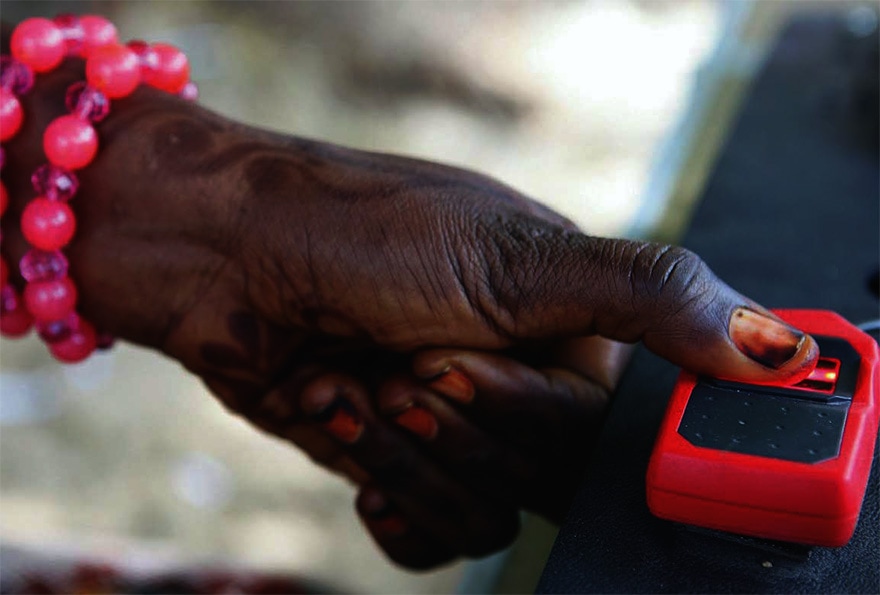
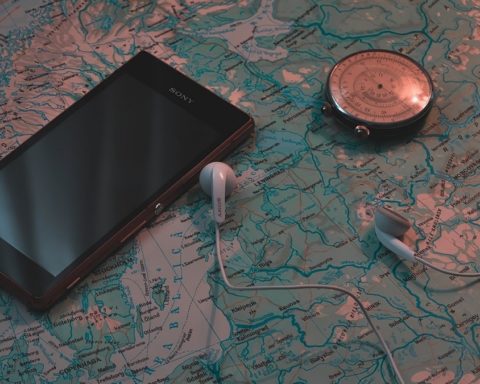
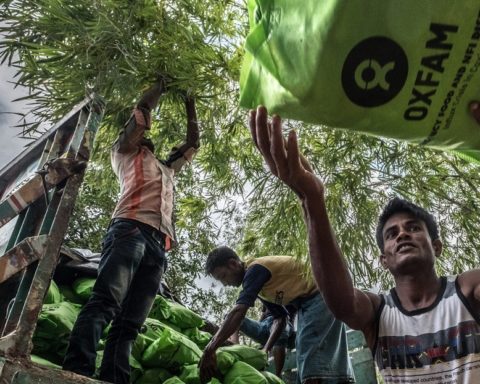
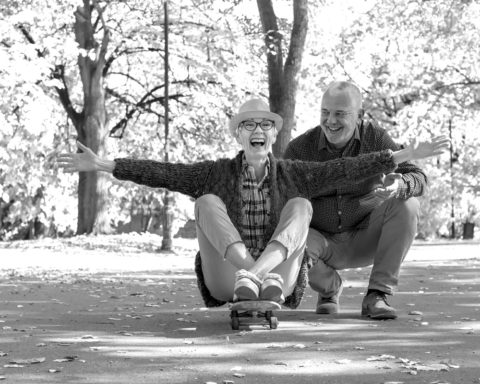
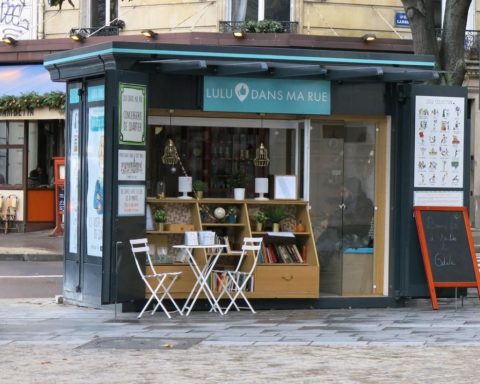

[…] LIRE AUSSI DANS UP’ : Un milliard d’« invisibles » et des centaines de millions d’enfants fantômes dans le monde […]